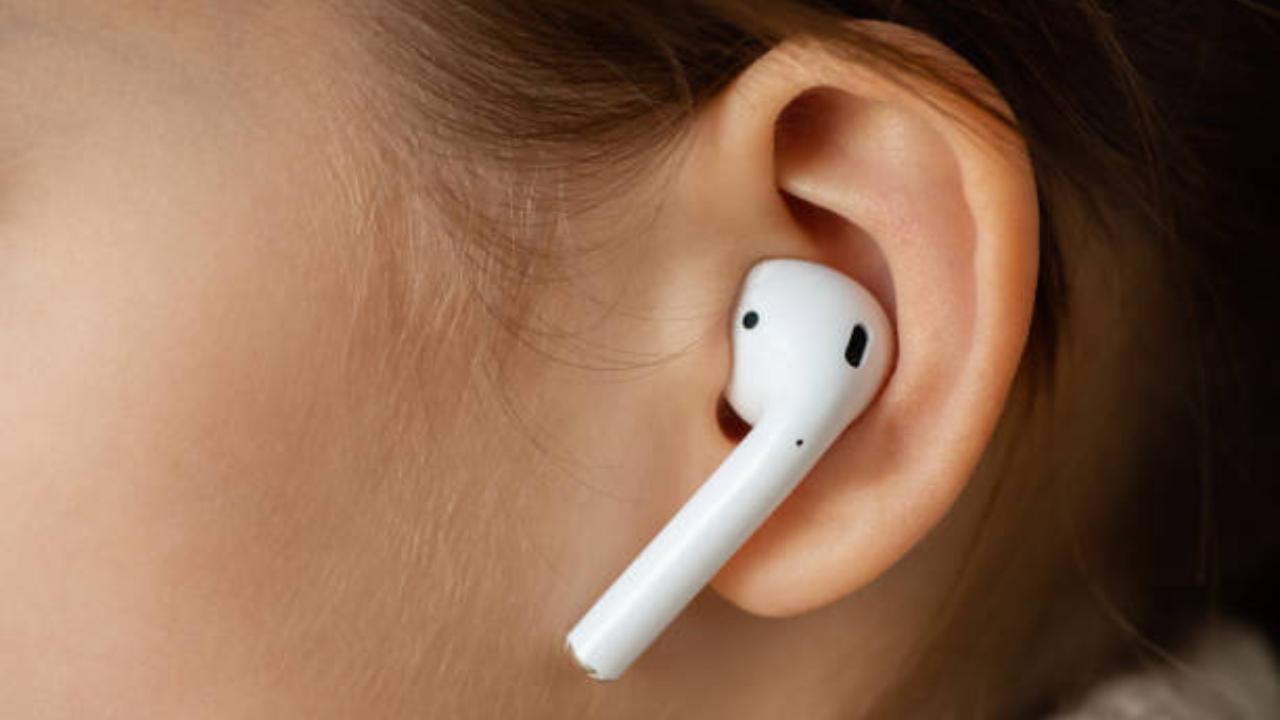If you are someone who regularly uses earbuds or earphones, beware as its prolonged usage can significantly damage your ear health, said experts on Monday

Image for representational purposes only (Photo Courtesy: iStock)
If you are someone who regularly uses earbuds or earphones, beware as its prolonged usage can significantly damage your ear health, said experts on Monday.
Prolonged exposure to loud volumes through headphones or earphones significantly increases the risk of permanent hearing loss. Regularly listening at high levels can damage the delicate structures in the ear, leading to irreversible hearing impairment. It's crucial to monitor volume levels and take breaks to protect your hearing.
This risk is particularly heightened among young people who frequently use these devices for extended periods. Additionally, using noise-cancelling headphones at moderate volumes can help reduce the need to turn up the sound, further safeguarding your hearing health. Regular hearing check-ups are also recommended.
Excessive noise levels (130 decibels can lead to strong ear pain, and high bass ones compound the damage) can cause damage to tiny hair cells in the inner ear. As these cells cannot regenerate, it can result in partial or complete deafness over time, especially if safe listening practices are not followed.
“Ear pain occurs when sound exceeds 130 decibels, and high bass earphones can cause damage. Use sparingly and avoid sharing earphones to prevent infection spread.” Dr Rakesh Verma, an ENT expert told IANS.
Earphone use can cause noise-induced hearing loss, tinnitus, and hyperacusis, while poor hygiene and enclosed environments can lead to ear infections. Moderation, proper hygiene, and noise-cancelling options are recommended.
“Prolonged use of earphones, especially at high volumes, can cause noise-induced hearing loss, tinnitus, and hyperacusis. Poor hygiene practices and the enclosed environment can lead to ear infections like otitis externa or swimmer's ear. To protect hearing, use in moderation, maintain proper hygiene, and consider noise-cancelling options,” Dr. Vijay Verma, Consultant, Allergy & ENT Specialist at CK Birla Hospital, Gurugram, told IANS.
Low-volume use of earphones, maintaining proper hygiene, and considering noise-cancelling options to protect hearing, are the penultimate points.
To protect your hearing, use these devices in moderation and at a low volume, practise good hygiene, and consider noise-cancelling options.
This story has been sourced from a third party syndicated feed, agencies. Mid-day accepts no responsibility or liability for its dependability, trustworthiness, reliability and data of the text. Mid-day management/mid-day.com reserves the sole right to alter, delete or remove (without notice) the content in its absolute discretion for any reason whatsoever
 Subscribe today by clicking the link and stay updated with the latest news!" Click here!
Subscribe today by clicking the link and stay updated with the latest news!" Click here!








